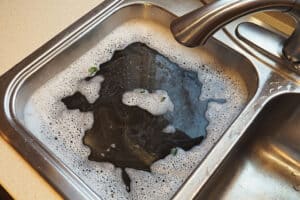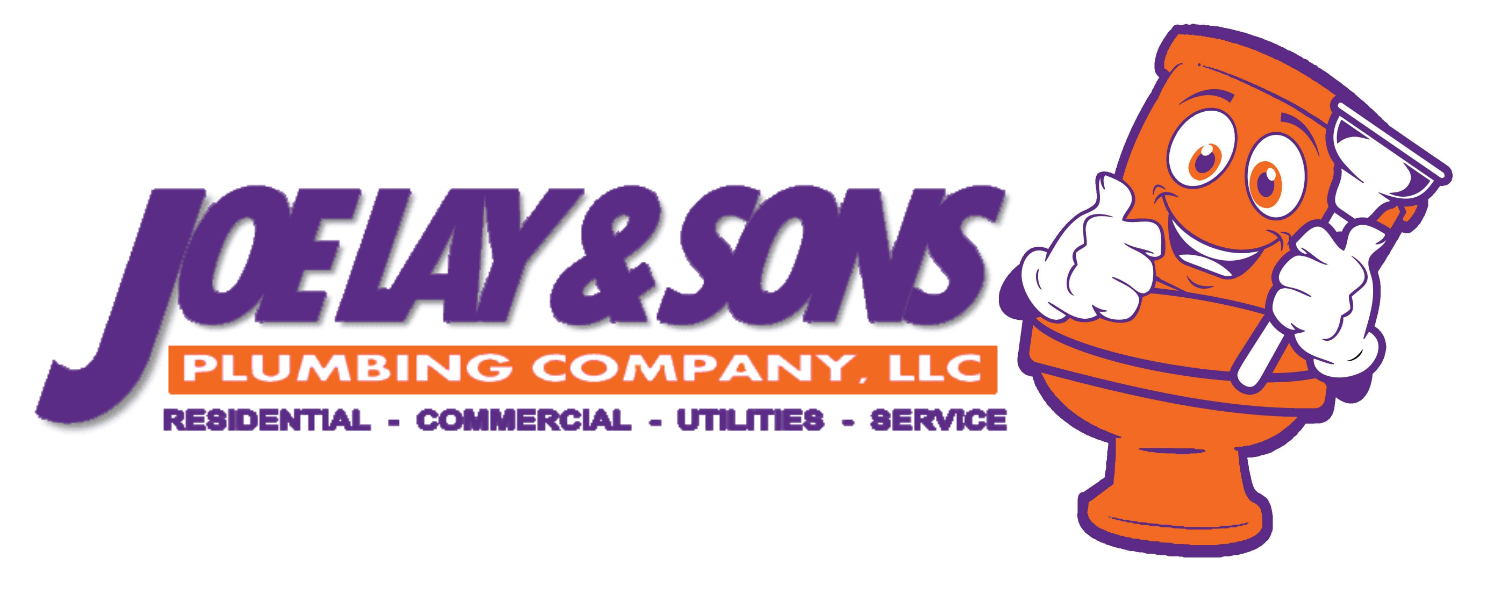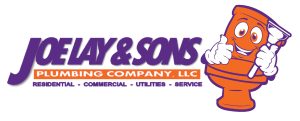 Clogged drains can be a major inconvenience, causing water to back up and potentially damaging your home. Knowing when to call a plumber for drain cleaning services is essential to prevent further problems and ensure a smooth-flowing plumbing system. In this comprehensive guide, we will explore the common signs of a clogged drain, discuss the importance of professional drain cleaning services, and provide you with effective DIY methods to tackle minor clogs. So, let’s dive in and learn everything you need to know about dealing with clogged drains.Signs of a Clogged Drain
Clogged drains can be a major inconvenience, causing water to back up and potentially damaging your home. Knowing when to call a plumber for drain cleaning services is essential to prevent further problems and ensure a smooth-flowing plumbing system. In this comprehensive guide, we will explore the common signs of a clogged drain, discuss the importance of professional drain cleaning services, and provide you with effective DIY methods to tackle minor clogs. So, let’s dive in and learn everything you need to know about dealing with clogged drains.Signs of a Clogged Drain
Signs of a Clogged Drain
Slow Draining
One of the most common signs of a clogged drain is slow drainage. If you notice that water is taking longer than usual to drain from your sinks, showers, or tubs, it may indicate a partial blockage in the pipes. This can be caused by various factors, including the accumulation of hair, soap scum, food debris, or mineral deposits. While minor clogs can often be resolved with DIY methods, persistent slow drainage may require professional drain cleaning services.
Unpleasant Odors
Another telltale sign of a clogged drain is the presence of foul odors emanating from your sinks, drains, or toilets. Clogs can trap organic matter, such as food particles or hair, which can decompose over time and produce unpleasant smells. If you notice a persistent sewage-like odor or a musty smell in your bathroom or kitchen, it is a clear indication that there is a clog in your plumbing system that needs attention.
Gurgling Noises
Gurgling or bubbling sounds coming from your drains can indicate a clog in the pipes. When water tries to pass through a partially blocked drain, it creates air bubbles that result in gurgling noises. These noises are often more noticeable when you flush the toilet or drain water from a sink or bathtub. If you hear gurgling sounds, it is advisable to address the issue promptly to prevent further complications.
The Importance of Professional Drain Cleaning Services
When to Call a Plumber
While minor clogs can often be resolved with DIY methods, there are certain situations where it is crucial to call a professional plumber for drain cleaning services. If you experience recurring clogs despite regular maintenance, it may indicate a deeper plumbing issue that requires professional attention. Additionally, if you encounter a major clog that causes water to back up or flood your home, it is essential to seek immediate assistance to prevent further damage.
Main Drain Cleaning
The main sewer line is responsible for carrying all the wastewater from your home to the municipal sewage system. Over time, this line can become clogged with debris, tree roots, or other obstructions, leading to significant plumbing issues. Main drain cleaning involves accessing the drain cleanout, a round pipe usually located near the bathroom or kitchen area, to remove the blockage and restore proper flow. Professional drain cleaning services can efficiently handle this task, ensuring a clear and functional main drain.
How to Identify a Clogged Main Drain
Several signs indicate a clogged main drain, including recurring clogs in multiple fixtures, such as toilets, sinks, or showers. If you notice gurgling or bubbling sounds from various drains or experience slow drainage throughout your home, it may suggest a blockage in the main sewer line. Another indication is if you detect a foul odor coming from multiple drains or notice water backing up in different fixtures when using water in other areas of your home. If you suspect a clogged main drain, it is crucial to contact a professional plumber for inspection and drain cleaning services.
DIY Methods for Clearing Minor Clogs
Baking Soda and Vinegar
A popular and environmentally friendly method for clearing minor drain clogs is using a combination of baking soda and vinegar. Start by pouring a cup of baking soda down the drain, followed by a cup of vinegar. Allow the mixture to fizz and work its way through the pipes for about 30 minutes. Finish by flushing the drain with hot water to remove any remaining residue.
Baking Soda and Salt
Another effective DIY solution involves using baking soda and salt. Mix equal parts of baking soda and salt, then pour the mixture down the clogged drain. Let it sit for 20 to 30 minutes before flushing with hot water. The combination of baking soda and salt helps break down organic matter and dissolve minor clogs.
Lemon, Salt, and Vinegar
For a refreshing and natural approach to drain cleaning, combine equal parts of salt and vinegar in a bowl, then add half as much lemon juice. Pour this mixture down the drain, allowing it to sit for 20 to 30 minutes. Follow up with hot water to flush away any remaining debris.
Salt and Hot Water
A quick and easy method for unclogging drains involves using salt and hot water. Simply pour half a cup of salt down the drain, followed by boiling hot water. Allow the solution to sit for the standard 20 to 30 minutes, then flush the drain with more hot water. This method is particularly effective for breaking down greasy or fatty deposits.
Wire Clothes Hanger or Drain Snake
If the clog is within reach, you can try using a wire clothes hanger or a drain snake to dislodge the obstruction. Straighten out the hanger and create a small hook at one end. Insert the hook into the drain and carefully maneuver it to catch and remove any debris. Alternatively, a drain snake can be purchased from a hardware store and used in a similar manner to clear obstructions deep within the pipes.
Wet and Dry Shop Vacuum
If you have access to a wet and dry shop vacuum, it can be a powerful tool for clearing clogs. Set the vacuum to wet mode and create a tight seal around the drain. Turn on the vacuum, and it will create suction that can dislodge and remove the clog. However, be cautious not to use this method if you have a septic system, as it can disrupt the balance of bacteria in the tank.
Plunger
A plunger is a handy tool for clearing clogs in sinks, toilets, and shower drains. Select the appropriate plunger for the specific fixture and create a tight seal around the drain. Apply firm pressure and use a pumping motion to create suction and dislodge the clog. Repeat this process several times until the drain starts to flow freely.
Hydrogen Peroxide and Other Chemicals
If the above methods do not effectively clear the clog, you may consider using chemicals as a last resort. Hydrogen peroxide can be poured down the drain to dissolve minor clogs. It is important to use caution when handling chemicals and follow the instructions carefully. However, be aware that overuse of chemical drain cleaners can damage pipes and harm the environment.
When to Seek Professional Help for Completely Clogged Drains
The Limitations of DIY Methods
While DIY methods can be effective for minor clogs, there are instances where professional drain cleaning services are necessary. Completely clogged drains that do not respond to DIY techniques may indicate a more serious underlying issue, such as a severe blockage in the main sewer line. Professional plumbers have the expertise and specialized tools to tackle stubborn clogs and ensure the proper functioning of your plumbing system.
The Best Drain Cleaners for Stubborn Clogs
If you have exhausted all DIY options without success, you may consider using commercial drain cleaners as a last resort. However, it is crucial to choose the right product and use it according to the manufacturer’s instructions. Some of the best drain cleaners for stubborn clogs include Drano Max Gel Liquid Clog Remover, Liquid Plumr Clog Destroyer and Hair Clog Eliminator, Bio-Clean, Green Gobbler Drain Opening Pacs, and XionLab Safer Drain Opener. Always exercise caution when working with chemical drain cleaners and wear appropriate protective gear.
Preventing Clogged Drains
Proper Waste Disposal
Preventing clogged drains starts with proper waste disposal. Avoid flushing anything other than toilet paper down the toilet and dispose of other materials, such as feminine hygiene products, diapers, or paper towels, in the trash. In the kitchen, scrape food scraps into the trash before washing dishes, and avoid pouring grease or oil down the sink.
Regular Maintenance
Regular maintenance is essential for preventing clogged drains. Consider using enzymatic drain cleaners once a month to break down organic matter and prevent the buildup of residue. Additionally, perform routine pipe inspections to identify any potential issues early on and address them promptly.
Drain Guards
Installing drain guards in your sinks, showers, and tubs can help prevent debris, such as hair or food particles, from entering the pipes and causing clogs. These simple devices catch the larger particles, allowing you to easily remove them and maintain clear drains.
Avoiding Grease and Oil Build-Up
One of the primary causes of drain clogs is the accumulation of grease and oil. Avoid pouring cooking grease or oil down the sink, as they can solidify and create stubborn clogs. Instead, collect the grease in a container and dispose of it in the trash.
Additional Tips and Tricks for Drain Maintenance
Hot Water Flush
Periodically flushing your drains with hot water can help prevent the buildup of residue and keep the pipes clear. Simply pour boiling hot water down the drain once a week to dissolve any potential clogs or debris.
Enzyme Drain Cleaners
Enzyme drain cleaners are a natural and effective solution for maintaining clear drains. These cleaners contain bacteria and enzymes that break down organic matter, preventing the formation of clogs. Use enzymatic drain cleaners according to the manufacturer’s instructions for optimal results.
Regular Pipe Inspections
Regular pipe inspections by a professional plumber can help identify any potential issues before they escalate into major clogs or plumbing emergencies. Professional plumbers have specialized equipment, such as cameras, that allow them to inspect the inside of the pipes and detect any signs of damage or blockages.
Dealing with clogged drains can be a frustrating and inconvenient experience. By being aware of the common signs of a clogged drain and knowing when to call a professional for drain cleaning services, you can prevent further damage and ensure the smooth operation of your plumbing system. Implementing preventive measures and utilizing DIY methods can help address minor clogs, while seeking professional assistance is essential for stubborn or completely clogged drains. Remember to practice proper waste disposal, perform regular maintenance, and take proactive steps to keep your drains clear. With these tips and tricks, you’ll be well-equipped to tackle clogged drains and maintain a healthy plumbing system in your home.
Contact Us (859-384-3467) for a Consultation
—
 About Joe Lay & Sons Plumbing
About Joe Lay & Sons Plumbing
Serving Northern Kentucky and Greater Cincinnati Since 1970!
Joe Lay & Sons Plumbing can quickly and efficiently handle your plumbing requests with little disruption to your day-to-day! Our team of experienced and skilled plumbers can handle most residential and commercial plumbing problems. We want to reduce your stress and save you money. We keep our prices competitive, so you can use our services without breaking the bank.
> Learn More

 About Joe Lay & Sons Plumbing
About Joe Lay & Sons Plumbing